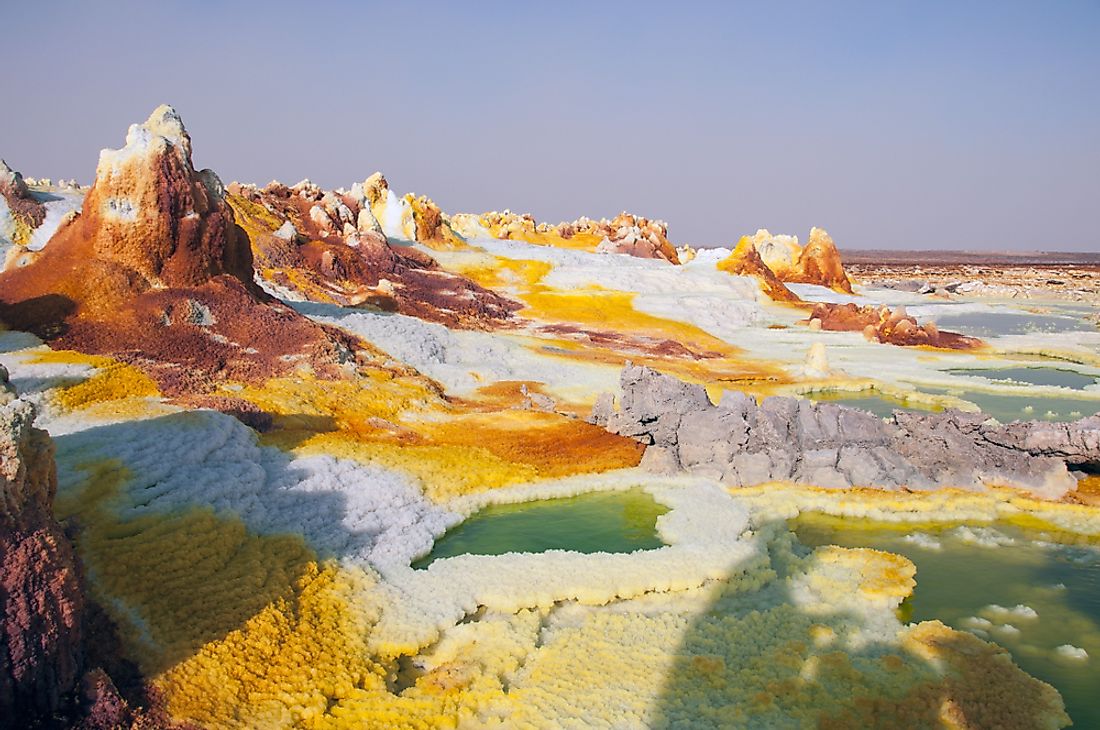What Are The Major Natural Resources Of Ethiopia?

Ethiopia is a nation in the Horn of Africa region. Eritrea borders Ethiopia to the north while Somalia and Djibouti are located to the east of the state. Sudan and the recently formed state of South Sudan are to the west while the south of Ethiopia is bounded by Kenya.
Regarding geography, Ethiopia has varying features. For example, there is a section of raised plateaus between the border with Sudan and the basin of the Upper Nile. This region also has several mountains that make up the Ethiopian Highlands. Within the region, there are also other features such as plains at the bottom of the plateau and rivers such as the Blue Nile and the Awash River. The highest mountain in Ethiopia goes up to elevations of 14,872 feet.
Major Natural Resources In Ethiopia
The country has a few known reserves of precious metals and other natural resources such as gold, potash, natural gas, copper, and platinum. In addition to all these resources, there is also an extensive potential for the generation of hydropower.
However, the most abundant natural resource is arguably natural gas. Explorations in the past have shown that Ethiopia has some of the largest deposits of natural gas compared to most countries in Africa. Despite all this potential, natural gas has not been properly exploited yet. The potential is so high that the geology of some parts of the country, like that of the Ogaden basin, resembles the natural gas-rich geological structures of oil and gas fields in the Middle East.
In addition to the above resources, Ethiopia also engages in a bit of agriculture. As things stand, about 20% is being exploited for agricultural use even though the potential is higher. Forests have greatly reduced with only about 10 to 15% of the land covered by forests. Livestock keeping is also popular with huge swathes of land used for pasture.
Plants To Utilize Ethiopia's Natural Resources
In recent years, the Ethiopian government has taken progressive steps to ensure that the valuable resource does not go untapped for much longer. For instance, a plan has been prepared that, if fulfilled, would see the extensive exploitation of the resource by 2023. The idea is to turn the sector into a crucial cog of the Ethiopian economy by then. Some of the strategies put in place to ensure the goal is reached include inviting more private investors to the country and the issuance of licenses to parties interested in the mining sector. The Ethiopian Petroleum Development Enterprise was established in 2012 to oversee the achievement of the set targets. Plenty of firms have already acquired the necessary permits to explore the vast deposits of gas and associated liquids.











